Tretinoin vs. Retinol? What's The Difference Between The Two?
Mar 15, 2024 By Madison Evans
Most cosmetics promise to smooth skin, cover acne scars, or eliminate wrinkles and fine lines whilst understanding the difference between retinol and tretinoin. There are a few that are very helpful. The major component of them is retinoids, which cause them. Certain retinoids vary chemically from one another. The retinoid "Tretinoin" (Retin-A) is famous. Next, we have retinol. Products for the skin often include retinol and tretinoin strengths.
Retinol
There is no easier or more direct way to get vitamin A than with retinol while understanding the difference between retinol and tretinoin. It has been a popular over-the-counter choice in the UK for decades due to its anti-aging and hyperpigmentation treatment features.
Despite its longevity in the cosmetics industry, this ingredient is now one of the few non-prescription choices for anti-wrinkle products, thanks to independent studies showing its effectiveness. Even though advanced skincare has been all the rage in the last decadefrom exfoliating acids to K-beautyvery little of it has been used.
One probable reason might be that the advantages of Retinol have not been widely publicized sufficiently. Reason number two is the relatively minor effects (a 30% decrease in wrinkle appearance) and the time it takes to set in (approximately 8-12 weeks). The potential for initial skin irritation is another downside of Retinol. So, many individuals curious about skincare don't use it for the suggested duration, missing out on the benefits. But, since it is an essential component of most brands' beauty care products, retinol is available in an abundance of forms:
- Serums
- Creams
- Lotions
- Gels
- Oils
- Moisturizers
- Masks
- Eye creams
- Facial cleansers
- Peel pads
The main way retinol works is topically. Consumers should regularly apply the cream to their skin for advantages (more on later). Retinol may reach the outermost skin layer to accelerate cell turnover. It may reduce fine lines and wrinkles, regulate oil production, and treat acne. It also reduces hyperpigmentation. It improves skin structure, fullness, and suppleness, enhances vascularization, and reduces collagen breakdown. After applying the lowest retinol concentration on clean, dry skin for a few nights, gradually increase the dosage and concentration. Allowing your skin to adjust to the product reduces irritation.
Tretinoin
Dark spots, wrinkles, aging, and UV damage are some skin concerns that retinoic acid (or tretinoin strengths) may help with. This potent synthetic vitamin A is available only via a doctor-prescribed lotion or gel. When cell turnover is increased, a healthier, younger layer of skin may be revealed under the surface, a process known as exfoliation. Better collagen synthesis, reduced breakdown, and increased vascularization are further benefits.
Acne, fine lines, hyperpigmentation, rough skin, scars, and more are skin issues. It comes in various concentrations. It is available in a variety of concentrations. Tretinoin and Retinol have comparable potential side effects when used topically, including skin irritation and purging. You may increase the frequency as your skin adjusts to the reduced amount.
Tretinoin And Retinol Together
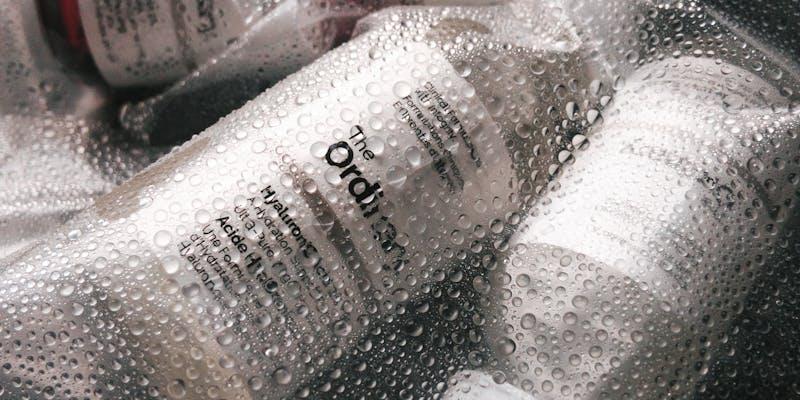
Tretinoin and retinol together have a common bond; however, they are really distinct chemicals. The chemical compounds generated from vitamin A are known as retinoid products, of which tretinoin is one. The first vitamin A form is known as retinol. Either product alone may alleviate acne, fine lines, wrinkles, and sunspots.
Nevertheless, as active tretinoin and retinol together form vitamin A, tretinoin is far more effective than retinol and starts working upon skin application. However, more skin response stages are required to feel the benefits of retinol and other less powerful retinoids. That is the main difference between retinol and tretinoin; the latter is weak and potentially dangerous, while the former is gentle and safe. Rosacea, wrinkles, scars, and hyperpigmentation may be treated with Tretinoin.
Several drugstore skincare products include tretinoin and retinol together. Obtaining tretinoin without a prescription is difficult. Tretinoin costs higher since it requires a prescription owing to its strength. Retinol is a good introduction to retinoids and active skincare. Lower dosages reduce topical irritants. You may test Retinol on its own to see whether it helps your skin before committing to a long-term strategy since it's affordable, easy, and accessible.
General Benefits Of Tretinoin And Retinol
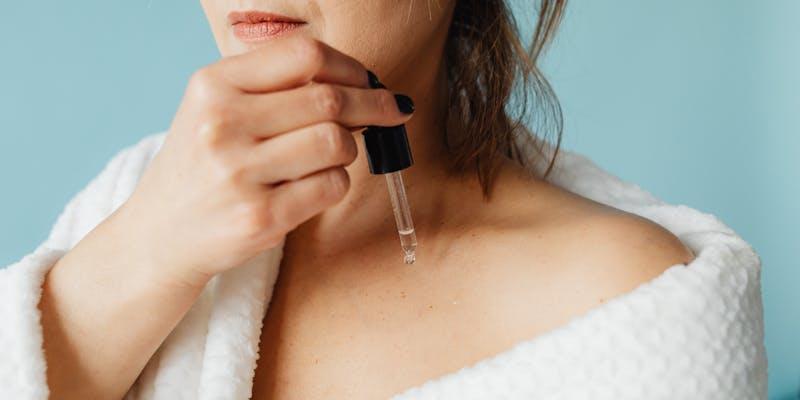
Battling Aging and Wrinkles
The capacity of our skin to organically mend itself decreases with age. It loses some of its elasticity and becomes thinner as it dries out. Because sun exposure hastens the skin's aging process, it is essential to this change. In this respect, retinoids (both topical and oral) and tretinoin strengths are miraculous. These drugs are necessary to delay the onset of the telltale symptoms of aging. Skin looks younger and more radiant after using retinoids to revitalize it. Consider a customized anti-aging treatment to fight age, get future protection, and look more radiant.
Addressing Hyperpigmentation
Hyperpigmentation, or dark areas on the skin, is rather common and often worsens as we age. Melasma, inflammation-related redness, swelling, or even overexposure to sunlight may cause these spots. In this scenario, topical retinoids may also be useful. In addition to facilitating the distribution of melanin, they hasten the regeneration of skin cells. If you follow these steps, the result will be lighter skin or fewer black areas. Hyperpigmentation treatments that encourage skin cell growth may improve complexion clarity and uniformity.
Treating Acne
Many individuals worry a lot about acne-related skin imperfections, including scars and blackheads. The capacity of one kind of retinoid, tretinoin, to cure acne has been officially recognized. Due to its exfoliating and pore-cleaning properties, tretinoin strengths the skin and potentially lessens inflammation and acne lesions. Acne sufferers may find significant and long-lasting relief with individualized therapies that use tried-and-true components, such as tretinoin. This therapy gets to the root of the problem, which means cleaner skin in the end.
Collagen production
Reliable 2016 research demonstrated that retinol and tretinoin strengths collagen production. Collagen improves skin suppleness and elasticity, among other functions. It also increases the skin's ability to stretch and re-form, reducing wrinkles and other symptoms of aging. You must take care of your skin to see young, healthy, and strong. These treatments are essential to skin care because they increase collagen production. Focus on basic, research-backed methods to find which nutrients strengthen and nourish the skin. This knowledge is crucial for improving skin care and delaying aging.
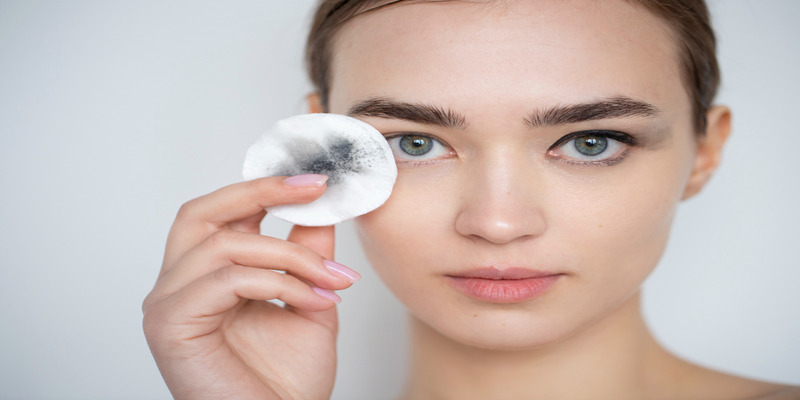
Retinol: The Truth Behind 5 Common Myths
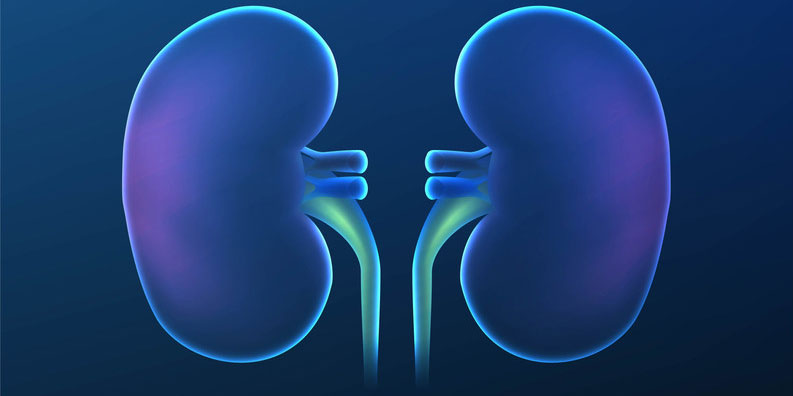
Best Kidney Disease Treatments
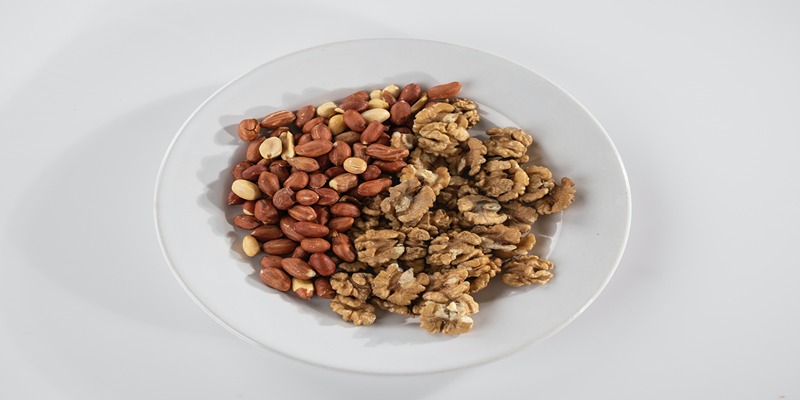
Exploring Prime Health Benefits of Swimming Regularly

Hanging Out for Health: Does a Dead Hang Really Elongate Your Spine
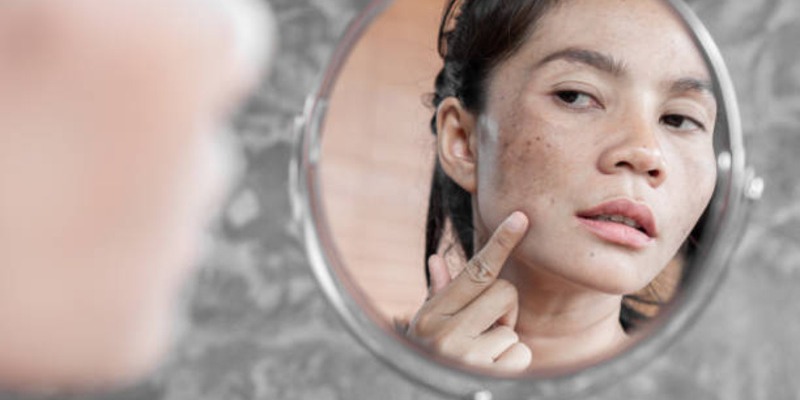
Dark Spots on Face: Unpacking Potential Causes and Treatments
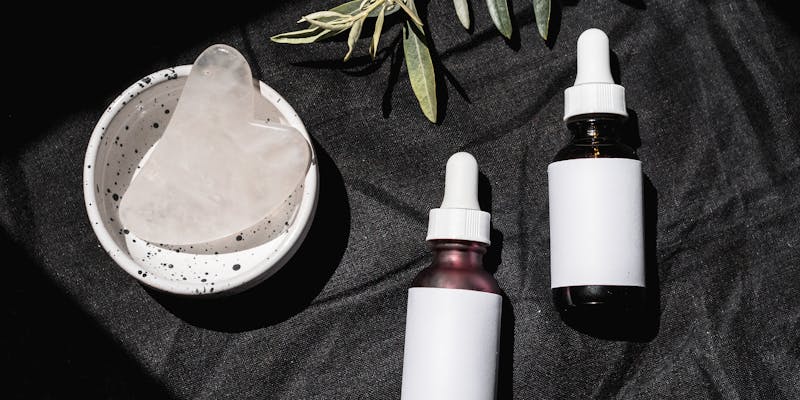
Tretinoin vs. Retinol? What's The Difference Between The Two?
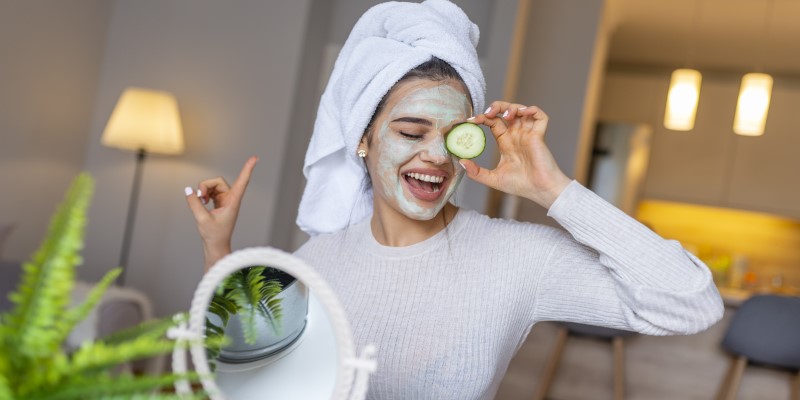
Decoding Facial Care: How Often Is Ideal for Your Skin?


